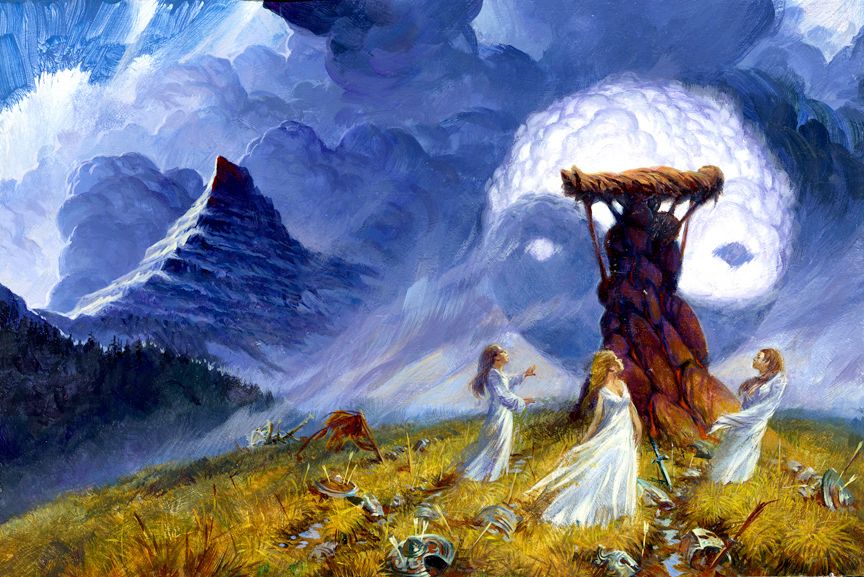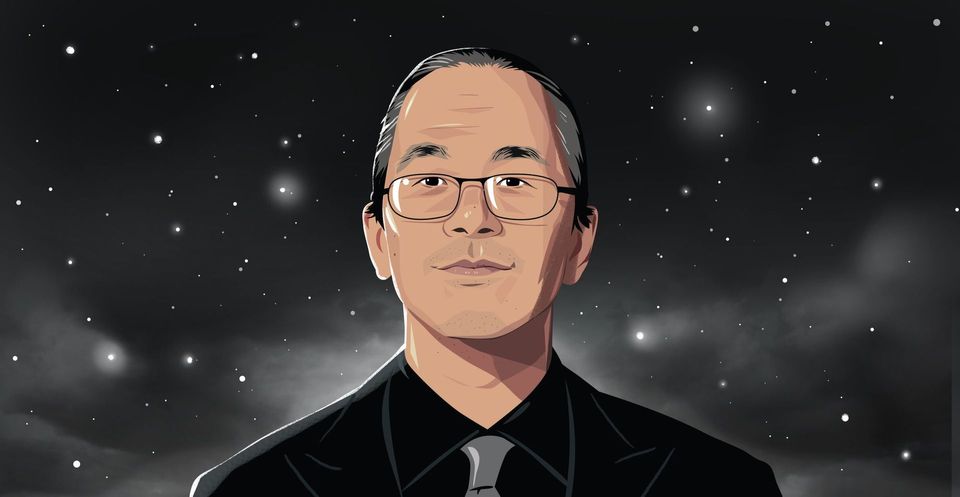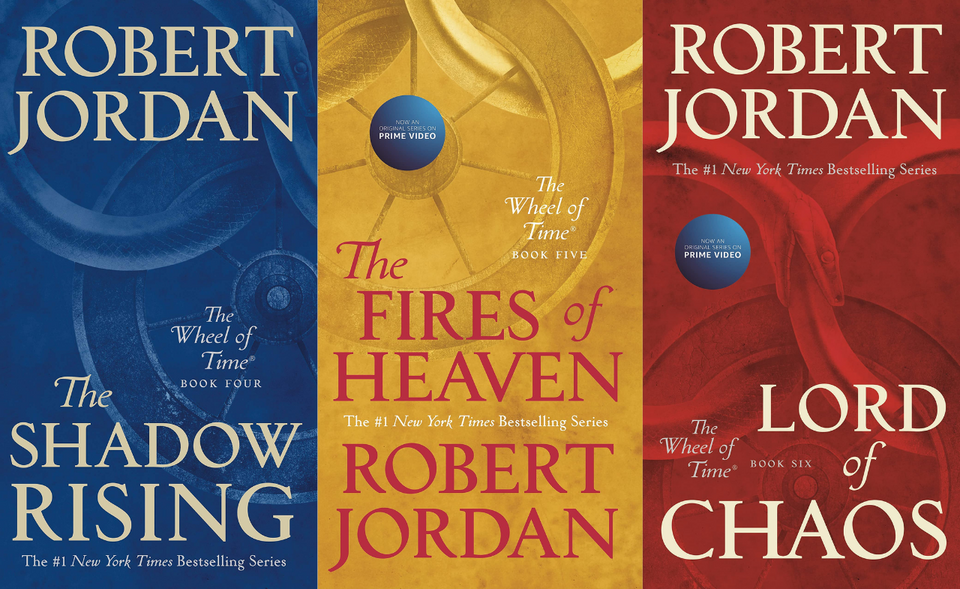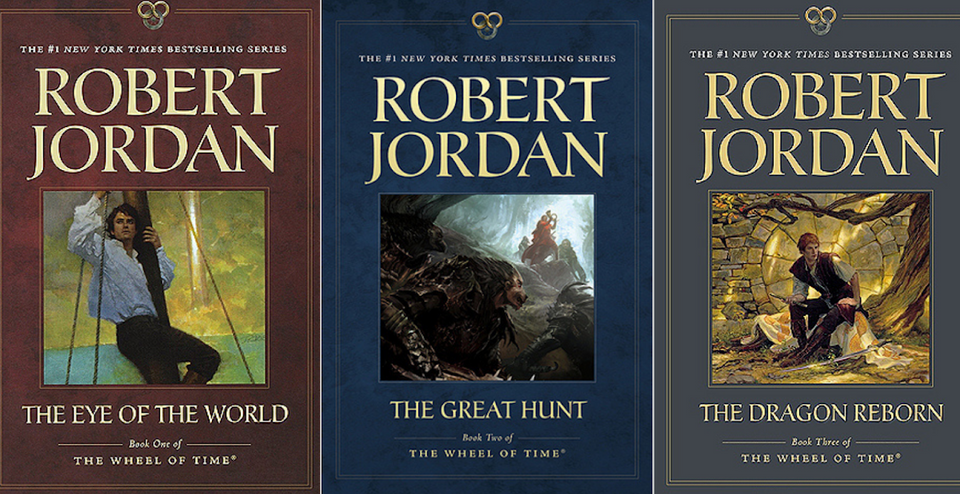Dune pt 2: Should you read the books? Reviews of Dune 1-3
Reviews of Frank Herbert's sci-fi classics Dune, Dune Messiah and Children of Dune.
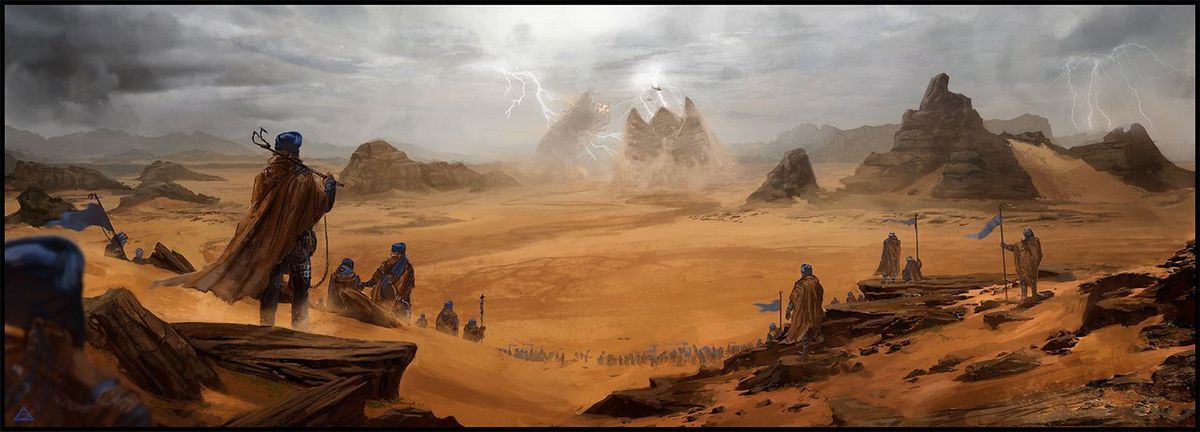
See bookmark below for Part 1 of this series.
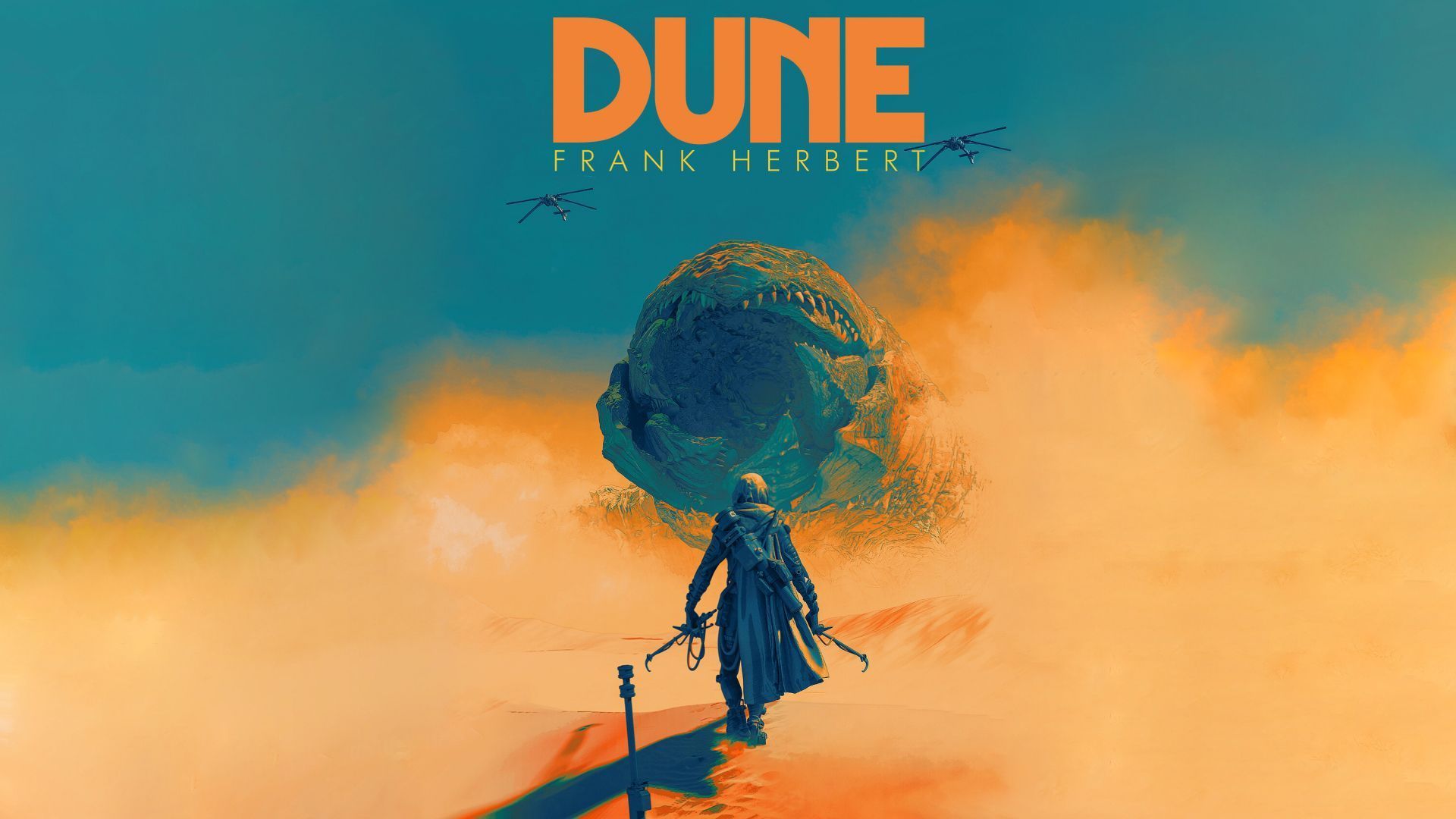
Why did I start the series?
I'm one of those book > movie types, and Dune has long been referenced as a science-fiction classic. We all know what happened in 2020 and how this affected the arts as an industry, so although I did finish the first book before the film adaptation's original release date, like many others I have been waiting a long time for the film. However, before reading I did not realise just how the books influenced later films and movies, or how vast and sharp their political commentary was, and still is, today.
One more thing to note is that due to the time gap between my read of each book, you can see how my writing style (and review length) grows slightly each time. Read on for my reviews of Dune, Dune Messiah and Children of Dune!
#1: Dune
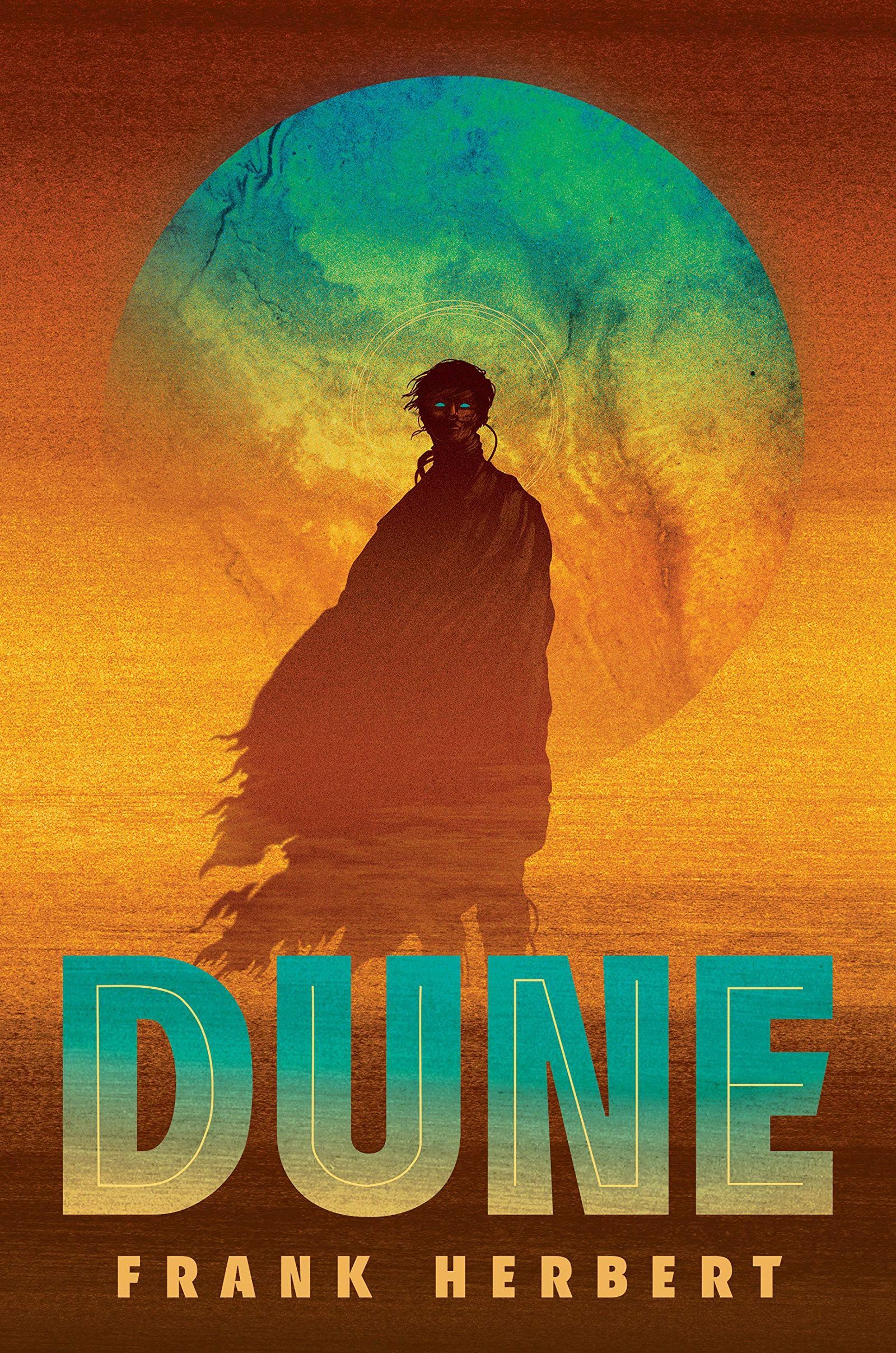
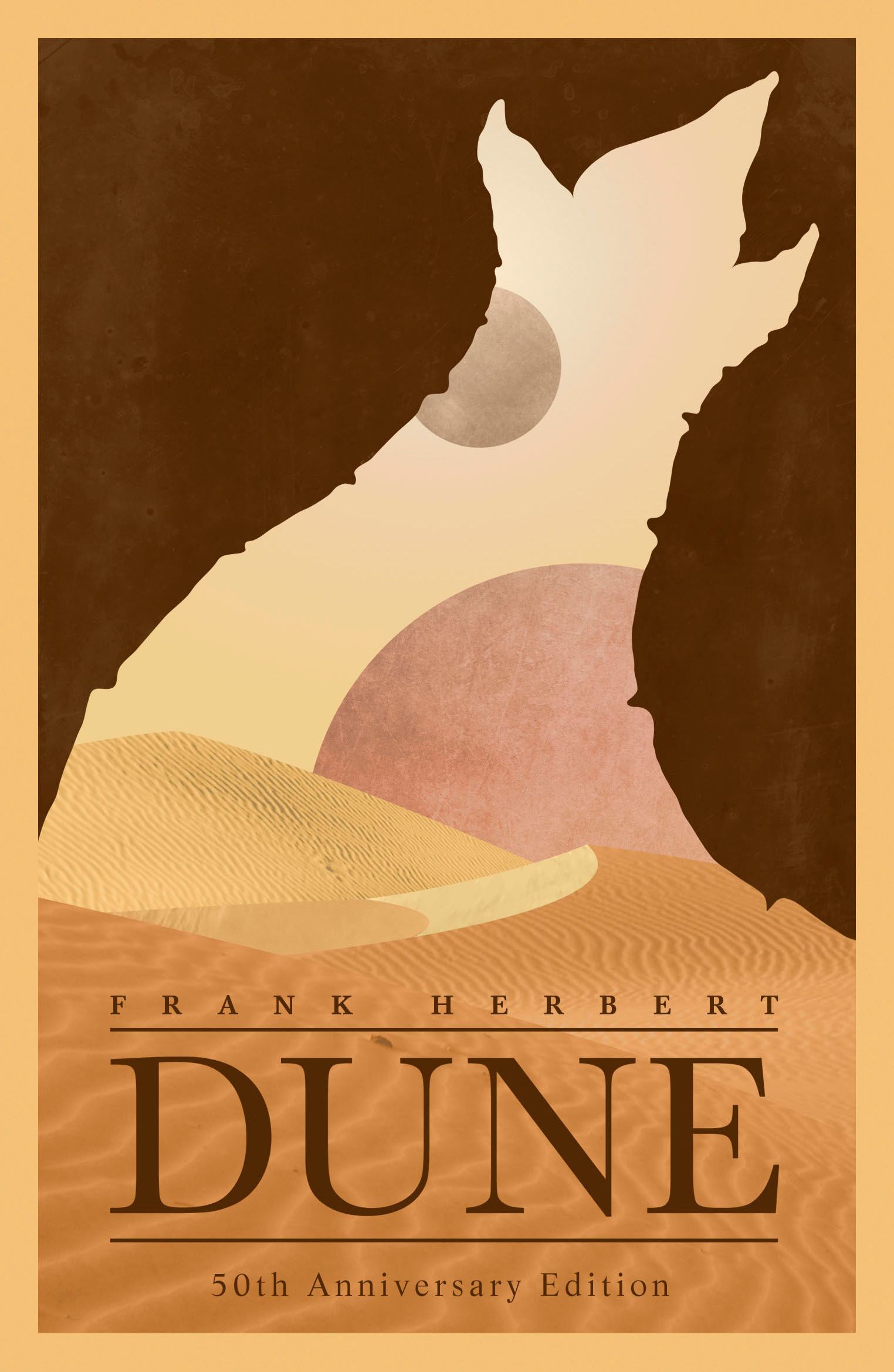
Published: 1965

Read: 5th October 2020
“I must not fear. Fear is the mind-killer."
Undeniably influential. Dune blurs the lines between SF and Fantasy, in-turn making it everything I ever wanted out of a novel - there's personal family conflict, ecology and environmentalism, an enormous sense of scale between vehicles and planets, philosophy on leadership, ethics of biological science and a deep examination of religious and political individuals and power structures all centered around an expensive, time-melding drug.
Once I had adjusted to it, I loved the writing style with Herbert giving the reader multiple perspectives and exploring different characters and places. Despite the sheer amount of stuff in this ~444 page book, the prose is succinct and purposeful which (thankfully for me) means you don't get pages of description, allowing you to fill the gaps yourself.
Reading this in anticipation of the film was an awesome ride and now I can't wait to dive into the sequels, after a time gap to let me just absorb this masterpiece and let it have its own definition.
Stop reading the article here if you do not want spoilers for the first book!
#2: Dune Messiah
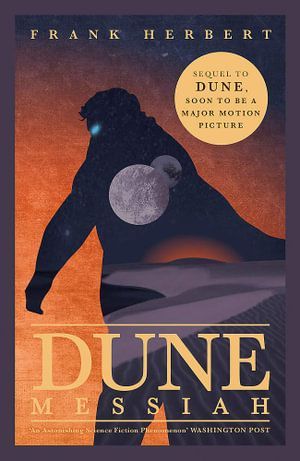
Published: 1969

Read: 25th June 2021
“Empires do not suffer emptiness of purpose at the time of their creation. It is when they have become established that aims are lost and replaced by vague ritual."
This was by no means a bad book, and I give Dune Messiah credit for attempting to maintain its own identity, but perhaps it suffers from being a follow-up to the truly epic Dune.
Right off the bat I was intrigued at Herbert openly laying out the conspiracy against Emperor Paul, again giving readers multiple perspectives on both sides as individuals began to politically manoeuvre themselves amongst and against each other. This was in addition to a lot of discussion on philosophy, and pondering of leadership, governments and their costs. This was where I wish the book was actually longer, and made some more concrete statements or raised interesting discussions, as I instead watched the story go in an interesting but rather straight line.
"Eternity takes back its own. Our bodies stirred these waters briefly, danced with a certain intoxication before the love of life and self, dealt with a few strange ideas, then submitted to the instruments of Time."
Moreover, the lengthy conversations and Herbert's third-person omniscient writing style that constantly changes character viewpoint sometimes made events difficult to follow, and I was left wondering what true outcomes were achieved in individual scenes. I did enjoy some of the descriptive sections, and the varying epigraphs worked well in terms of framing, but most of all I found myself rocked by the (spoiler: tragedy) of the ending. Keenly moving on to Children of Dune soon!
#3: Children of Dune
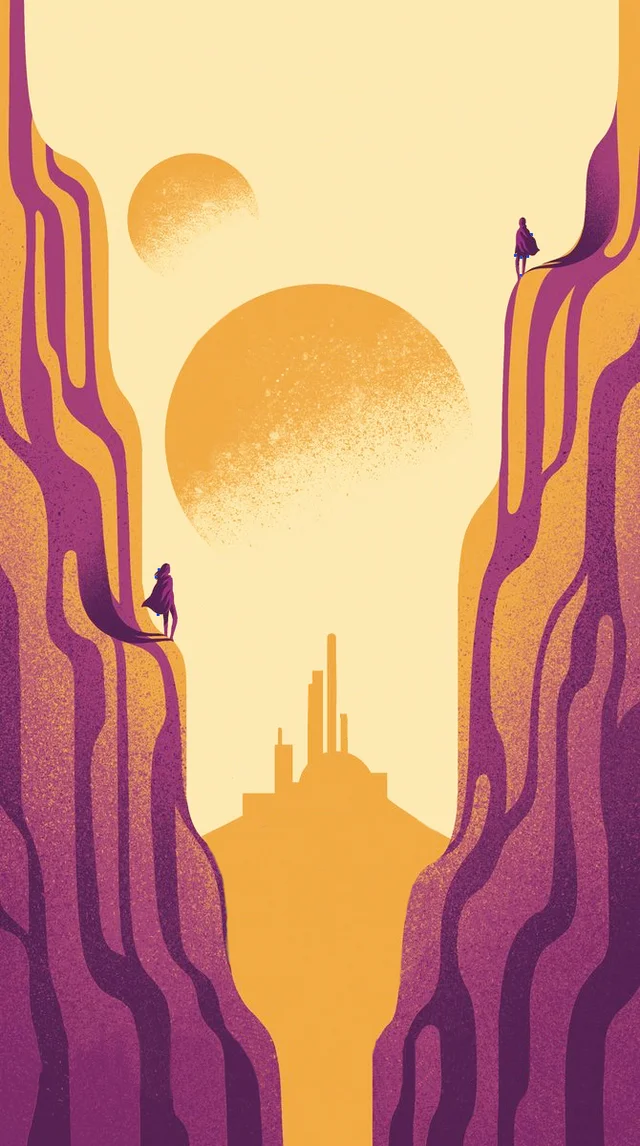
Published: 1976

Read: 3rd February 2022
"I do not have to be what my father was... It is my strength as a human that I can make my own choices of what to believe and what not to believe, of what to be and what not to be."
Sometimes you finish a book at 3am and need to just sit and absorb the ending. With a trip overseas fast approaching I decided to knuckle down and just blitz my way through the second half of this book, which honestly became difficult due to the density of events portrayed. However, upon reflection I believe Children of Dune was a much stronger (yet equally depressing) novel than its predecessor that is unfortunately weighed down by the rush of plot points in the story's middle-to-end.
To place this book in the saga, Paul Muad'Dib wandered into the desert nine years ago, leaving his empire in the hands of his sister and now Imperial Regent Alia, her husband Tleilax ghola Duncan Idaho and Paul's twin children Leto II and Ghanimah. Arrakis is slowly becoming green as the Fremen's distant dream of a fertile planet gains traction, and Stilgar sees the conflict in how civility is changing his people. Threats to the increasingly religious structure include the Lady Jessica, who has seemingly become a dedicated Sister to the Bene Gesserit again, a mysterious Preacher, and the Princess Wensicia of House Corrino who plots for her son Farad'n, grandchild of the late emperor Shaddam Corrino IV, to return to their house to the throne.
As I was reading I appreciated the extra size of this book when compared to Dune Messiah - Herbert's prose definitely becomes wordy, but his multi-layered voice needs long stretches exploring a character's thoughts (especially when spice dreams are occurring!) to be fully coherent. His world-building is at times unfathomable, as he creates, continues and considers various characters and factions who possess clear motivations and experience interesting interplays with each other. Everyone from guards on Salus Secunda to Fremen tribes who dwell in the deep desert are covered in this labyrinth plot of feints within feints within feints, which leads to the speed-run of plot points from the midpoint of the story to the conclusion.
I really enjoyed Herbert's depiction of possession within the pre-born trio, using them as vehicles of past characters as they reflect on the events that have led to this changing power balance and world of Arrakis. I also thought he struck a balance between signalling key moments and letting the rug be pulled from under the feet of readers during shock revelations. I also did not anticipate just how depressing this series is becoming when compared to that now distant first book; Herbert explores heavy themes of power, legacy and change with a heavy sense of realism despite the fantastical constraints of his sci-fi world. The ending definitely tied things together but felt like a denouement to this phase of the story that started in Dune, allowing later books to have their own space to explore.
After reading the Dune trilogy I feel I need a break both from an emotional and intellectual standpoint. As soon as I finished the last page my initial feeling was that I should leave the franchise here, and jump ship while I still can before it gets even more dark and weird. However, every time I have thought about this book and series since I reflected upon the fascinating ideas at play here, and find myself excited to return to Frank Herbert's psychedelic vision, despite how mournful it sometimes gets.
In time, I will return to the sands of Dune.
Use the button below for all Dune articles on the website.
📖 Thank you for reading the article!
📚 As always, you can find more book reviews on my Goodreads account here 😃


